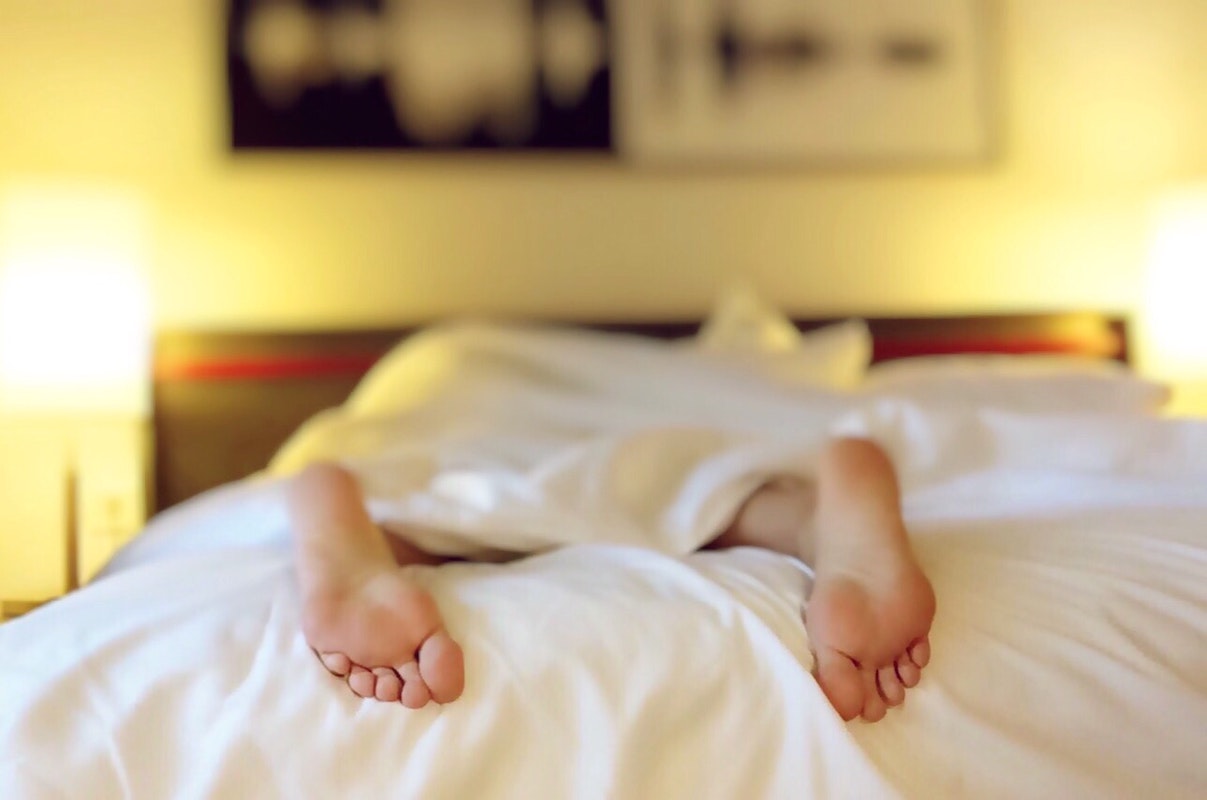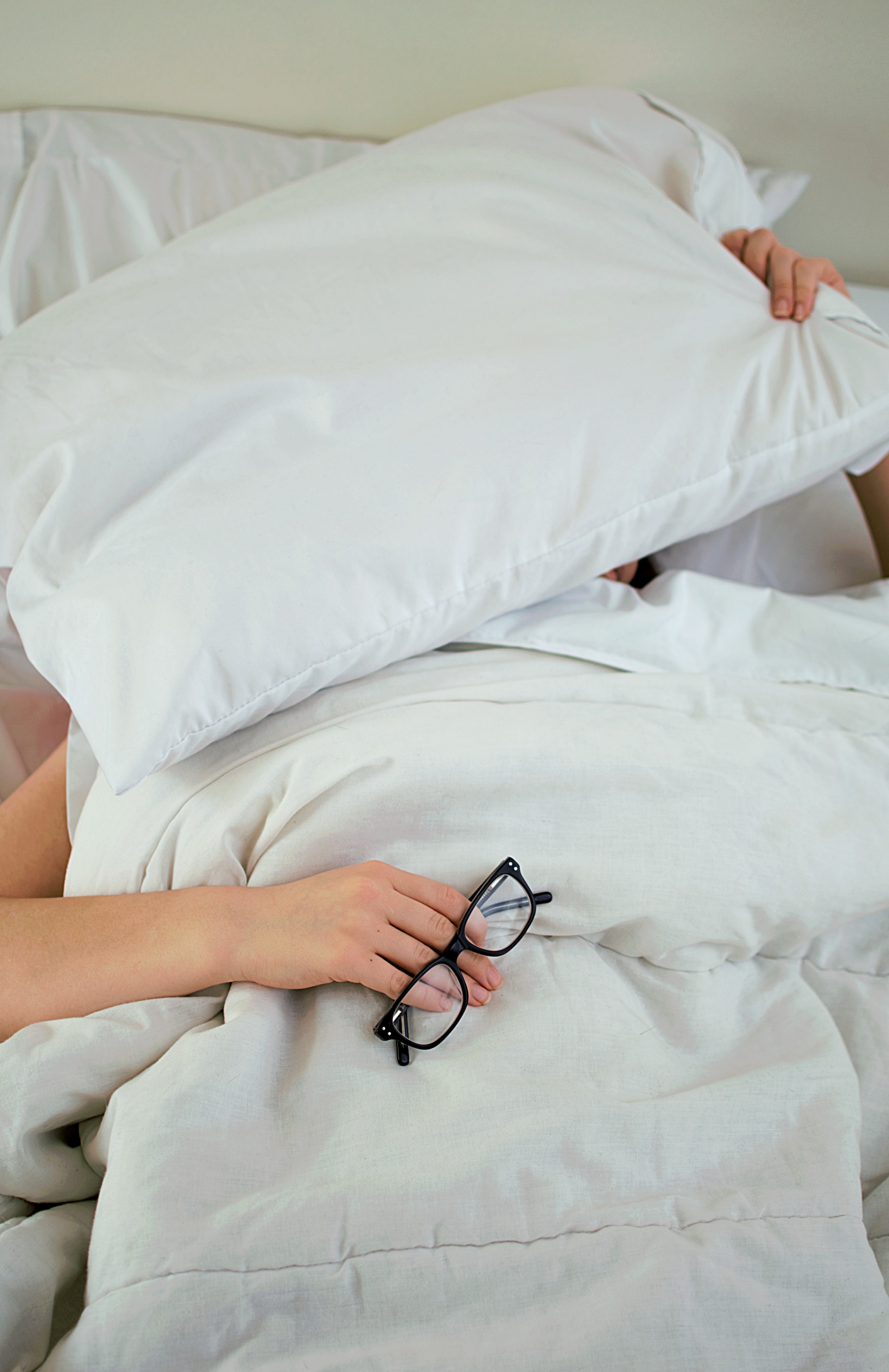Each March, Sleep Awareness Week raises awareness about the importance of good sleep for overall health and well-being. Recent research suggests that one in three Americans struggles with poor sleep, an often overlooked component of health.
According to Dr. Sajad Zalzala, Co-Founder and Chief Medical Officer of AgelessRx, sleep health is often overlooked in traditional healthcare, and most people lack solutions guided by a physician. In an interview, Dr. Zalzala shared more about sleep’s critical role in longevity, metabolic health, and chronic disease prevention. His “hot take” suggests that the negative impacts of poor sleep outweigh any positive contributions proper diet and adequate exercise can offer. Here’s what he wants people to know ahead of National Sleep Week.
Why healthy sleep matters
According to Dr. Zalzala, “Sleep is the foundation of health. While diet and exercise are critical, without quality sleep, your body can’t fully repair, regulate hormones, or optimize metabolic function. Therefore, no physical training and proper diet can offset the adverse effects of poor sleep.”
“Sleep is the foundation of all other healthy lifestyle habits. A single night of poor sleep can lead to increased insulin resistance. So, even with a nutritious diet, you cannot clear the sugar from your blood. Poor sleep also affects heart function and oxygen delivery, so you might not be reaping as many benefits even if you get your exercise session in. Or worse, without the proper recovery, you could be doing more damage than good from your exercise session.”
In addition, Dr. Zalzala shares that sleep affects the areas of the brain involved with impulsivity. A poor night’s sleep can impact emotional health, making it more difficult to make other healthy decisions. A combination of healthy lifestyle practices that include sleep hygiene, a healthy diet, and an exercise routine is the “key” to optimal health.
Impacts of sleep on aging and longevity

In our conversation, I also learned the importance of healthy sleep related to aging. Dr. Zalzala shares, “Sleep deprivation speeds up aging at the cellular level. It increases oxidative stress, shortens telomeres (which protect DNA), and impairs the body’s ability to clear plaques in the brain, a hallmark of Alzheimer’s.”
“Additionally, poor sleep disrupts glucose metabolism and hormone regulation, leading to systemic inflammation—one of the biggest drivers of age-related diseases. This can create a vicious cycle of poorer health and poor sleep, leading to accelerated aging. Taking steps to fix sleep can help break the cycle and bring the body back into balance.”
Dr. Zalzala also believes sleep should be considered a core pillar of longevity, alongside physical activity and nutrition. He says, “Longevity isn’t just about living longer—it’s about maintaining function and vitality as we age. Poor sleep will age you. Telomeres, protective caps on DNA, shorten dramatically with sleep deprivation, accelerating the aging process. One study found that just one week of sleep deprivation (< 6 hours/night) resulted in gene expression patterns seen in older individuals.”
Science of sleep architecture
Sleep architecture refers to the patterns and organization of various sleep stages. Dr. Zalzala stresses the importance of understanding and respecting sleep cycles, which help optimize physical and mental health and ensure that you wake up refreshed rather than groggy.
“Sleep architecture refers to how we cycle through different sleep stages: light sleep, deep sleep, and REM. Each stage serves a purpose. For example, deep sleep is essential for physical repair and memory storage, while REM supports memory, creativity, learning, and emotional processing. Disrupting these cycles, whether from poor sleep habits, stress, or stimulants, can result in fatigue and long-term health consequences,” says Dr. Zalzala.
“One of the most important ways to maintain healthy sleep architecture is by keeping a consistent sleep and wake schedule—even on weekends. Delaying sleep by just an hour or two can shift your entire sleep cycle, causing you to miss out on key stages like deep sleep or REM at their optimal times – even if the total amount of sleep is unchanged. This can lead to grogginess, reduced cognitive function, and difficulty falling asleep the next night, creating a cycle of poor sleep quality.”
Practical tips for better sleep

As we approach National Sleep Week, Dr. Zalzala shares a few easy ways to improve your sleep hygiene. Alongside a healthy diet and exercise routine, making these changes can help you enhance sleep quality and, thus, support your overall health and well-being. Some of his top recommendations include:
Sleep and bedroom environment tips
- Maintaining a regular sleep schedule, which includes going to bed and waking up at the same time every day to regulate the body’s circadian rhythm
- Engage in relaxing activities before bed, such as reading a book or practicing mindfulness techniques to signal to your brain that it is time to wind down.
- Ensure your bedroom is quiet, dark, and calm (ear plugs, white noise machines, or eye masks can help)
- Limit daytime naps to 20 to 30 minutes and avoid late-afternoon naps
- Limit exposure to TV and screens at least one hour before bed
Diet and exercise tips
- Limit caffeine and alcohol in hours leading up to bedtime
- Avoid vigorous exercise close to bedtime
- Avoid large, heavy, or spicy meals near bedtime






